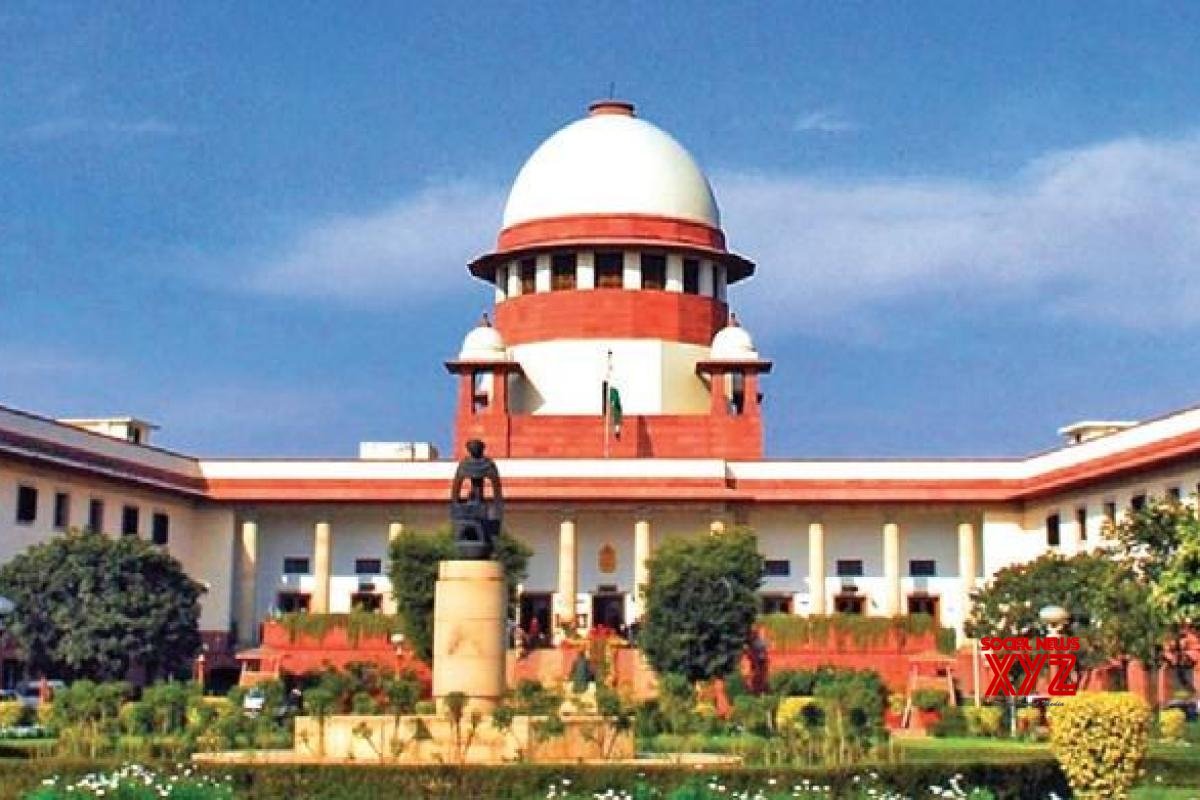The Attorney General (AG) K K Venugopal today said that Section 124 A of the Indian Penal Code (IPC) on sedition should be retained but the court can issue guidelines to prevent its misuse and said that recently sedition charges were slapped in controversy relating to reciting Hanuman Chalisa.
“The arrest of Rana couple by Maharashtra govt on Hanuman Chalisa issue and slapping sedition charges is misuse of sedition law. The misuse of sedition law should be stopped,” the AG, Venugopal told the Supreme Court bench, headed by the Chief Justice of India (CJI) Nuthalapati Venkata Ramana and also comprising Justices Surya Kant and Hima Kohli.
Advertisement
The AG, Venugopal, who appeared in the Supreme Court as the postion of AG, saod that the Sedition law must remain in the statute book, but this Supreme Court can lay down guidelines to prevent the misuse apart from what is in the Kedarnath Singh versus state of Bihar Judgment.
The Supreme Court said that it will first decide the issue whether the plea against sedition law has to be referred to a larger bench, maybe a five-judge bench or a seven-judge bench, and posted the case for further hearing to May 10, Tuesday. The Supreme Court granted today the last opportunity to the Centre to file its response on the validity of law and set a deadline of Monday morning for it.
“Written Submissions are to be filed by the parties the matter on the issue of reference, and will be heard on Tuesday at 2 pm, on May 10,” the bench of the Supreme Court said, in its order today.
The AG Venugopal said that my view is that Section 124A should be retained. Guidelines have to be made for future implementation.
“Section 124A (sedition) of the IPC is a valid law in view of a constitution bench judgment of 1962,” the AG Venugopal told the three-judge bench of the Supreme Court and also opposed that the matter be referred to a larger bench.
The AG said that it has been held that if law which is valid but its been misued, the law may not become invalid. Question is what is so abhorrent in 124A which merely protects states and citizens security from public disorder.
Senior Advocate, Kapil Sibal, appearing for one of the petitioners, said that we are not challenging theh right of the State to proceed, we are challenging the Government under 124-A.
He also sought that the matter be referred to a larger bench keeping the sensitivity and importance of the sedition law.
“If your Lordships doesn’t agree with me, Your Lordships can refer it to 7 judges bench,” Sibal told the Apex Court.
“This law is unconstitutional,” Sibal told the Supreme Court and added that we have already delayed it for 60 years.
The Top Court asked the AG, even to consider your contention that 124A is not a bad law, we can straightway go to merits.
The AG replied that Kedarnath has traced the whole constitutional history and has come to conclusion after a deliberate deliberation.
The Solicitor General (SG) Tushar Mehta told the Supreme Court that the draft response on sedition law has been prepared by lawyers and it needed to be approved by the competent authority before filing and requested the court to adjourn the hearing.
There are a batch of petitions filed before the Supreme Court challenging the Constitutional validity of sedition law under section 124-A of the IPC.
The petitioners in the case challenging the constitutional validity of the Sedition law are: Editors Guild of India (EGI), former Major-General S G Vombatkere, Trinamool Congress (TMC) Member of Parliament- Mahua Moitra, Anil Chamadia, journalist, Patricia Mukhim and many others.
The section 124-A (Sedition law) of the IPC deals with any speech that brings or to bring into hatred or contempt or disaffection towards the government established by law in India a criminal offence punishable with a maximum sentence of life imprisonment.
Former Union minister of Information Technology (IT) and veteran journalist, Arun Shourie also moved the Supreme Court in the issue and filed a petition before it and said that sedition law is violative of Articles 14 and 19(1)(a) of the Constitution of India.











